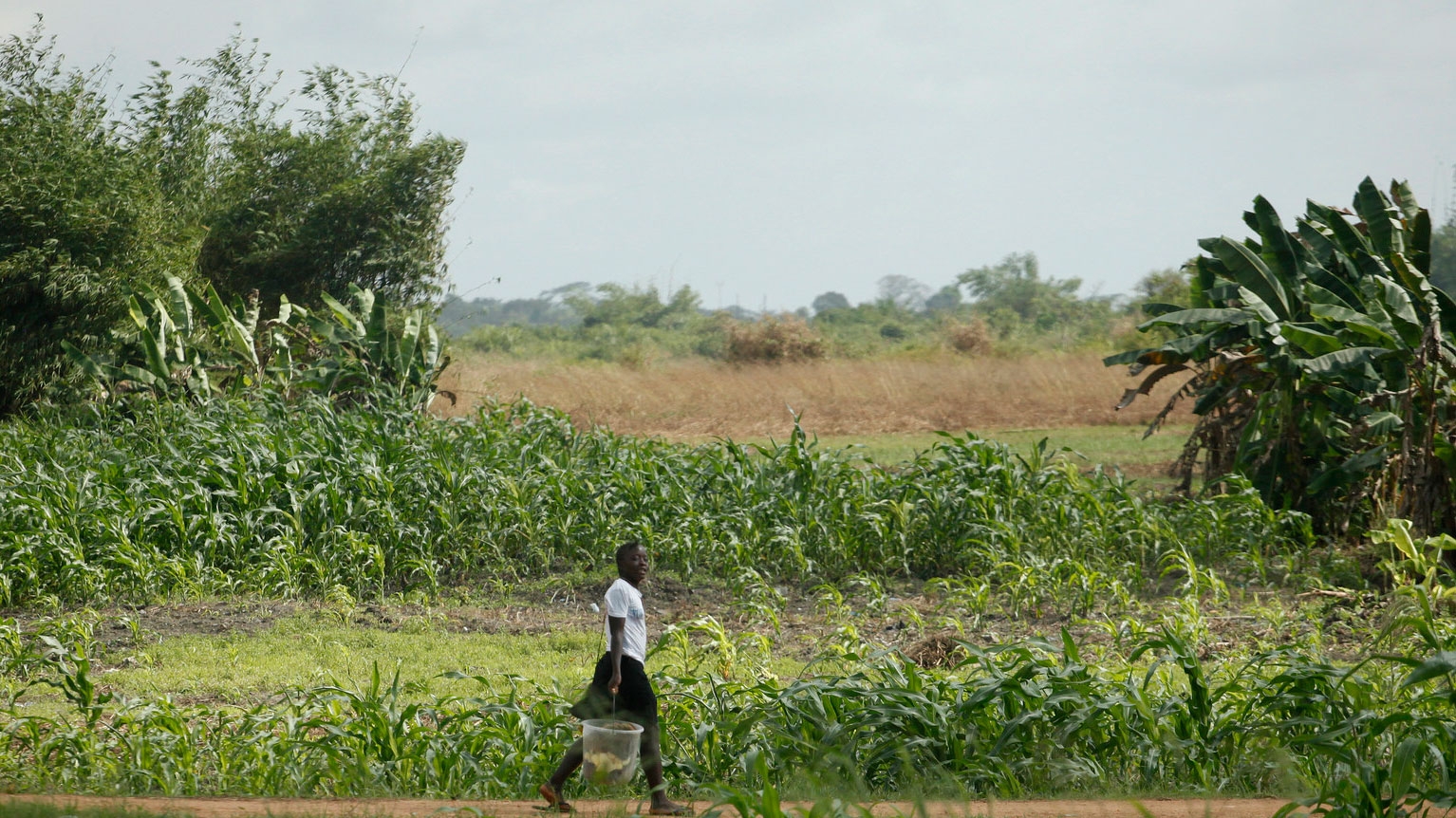As the Ebola epidemic raged in Guinea, Liberia and Sierra Leone, crowding patients into hospitals and quarantining people in their homes, swathes of farmland lay empty.
Travel restrictions, quarantines and fear of infection at the height of the crisis kept farmers away from their farms, leaving fields untended and vulnerable to pests and wild animals. Rice, cassava and other crops remained unharvested. In Liberia, agricultural households reported smaller harvests in 2014 compared to previous years. Food production in Kailahun, Sierra Leone’s bread basket and epicenter for the epidemic, stalled, and weekly markets, or “Lumas,” ceased because there was nothing to sell.
Agriculture -- and smallholder farmers -- have been devastated by the Ebola crisis. The resulting drop in agricultural productivity has made hunger a problem for greater numbers of people. In Liberia, a recent survey showed that 75% of families were concerned about having enough to eat every week. In Sierra Leone, nearly 70% of households interviewed were taking action to cope with food shortages. Even farmers weren’t spared. Many resorted to eating seeds instead of saving them for the next planting season.
Delivering seeds, helping farmers
To avert hunger and help smallholder farmers return to productivity, the World Bank, in collaboration with ECOWAS, CORAF and USAID, is supporting the provision of planting seeds and fertilizers in Ebola-hit countries. In April, the Bank delivered a record 10,500 tons of maize and rice seeds. Up to 200,000 farmers in Guinea, Liberia and Sierra Leone are expected to benefit. Foundation seeds were also delivered so that they could be multiplied by seed producers and stored in banks for the next planting season.

